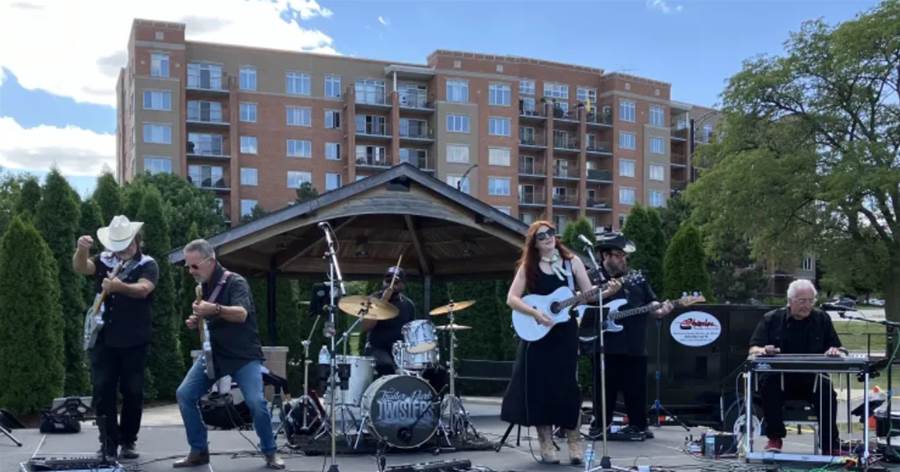
There are probably three reasons for the recurrence of cancer after surgery. First, there are a large number of residual cancer cells and incomplete treatment. Second, the patient's immunity is low after trauma such as surgery, radiotherapy, and chemotherapy. This is a good thing for the cancer cells to come back. Patients have susceptibility to certain cancers, including genetic factors and external stimulation.
There are many things to do to avoid cancer recurrence after surgery, but standardized treatment is the most important measure! So, how to treat colon cancer after surgery?

The postoperative treatment plan for colon cancer is mainly formulated based on TNM staging, which is somewhat different from the treatment plan for mid- and low-lying rectal cancer that is less than 12 cm from the anal opening.
After standardized surgical resection of stage I colon and rectal cancer, the 5-year survival rate can reach more than 90%, and no adjuvant treatment is required after surgery.
If chemotherapy is given in an "intensive" or "consolidating" manner, it will generally not be beneficial to survival time but will increase unnecessary damage.

Postoperative adjuvant treatment for stage II and III colon and rectal cancer is generally "platinum agent" and "fluorouracil" alone or combined with chemotherapy.
The article is not finished. Click on the next page to continue.
The article is not finished. Click on the next page to continue.
Next page


















